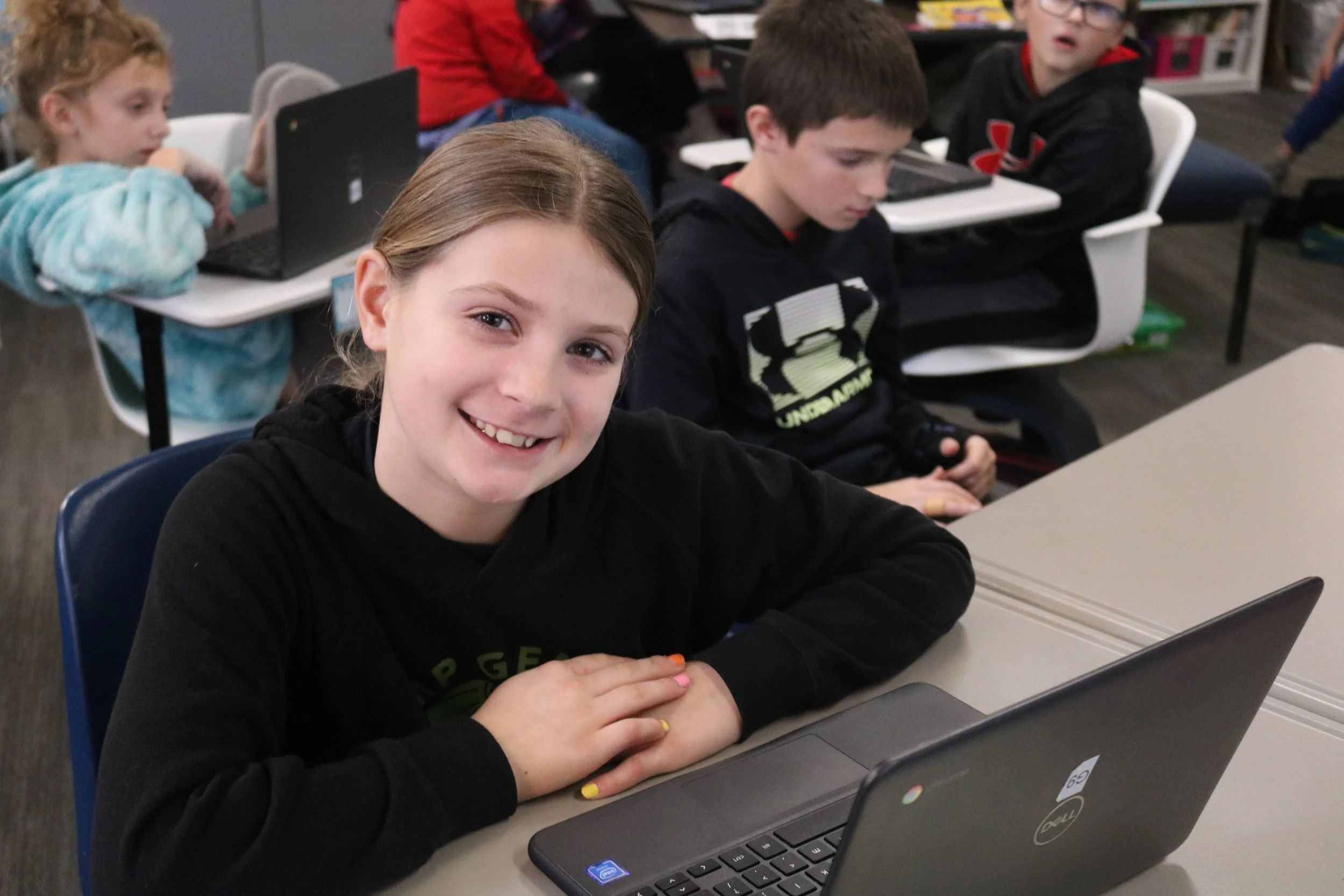How do our fourth grade teachers take geography lessons and bring them to life? They design lessons that include experienced people, a challenging simulation, and a thoughtful reflection. Our 4th grade teachers explain:
In our learning about human geography, our students discover why and how people come into the United States and the effect that has on culture. We are excited to teach our students the importance of this topic through the lens of Christian Kingdom building. We know that it is highly influential to hear from someone who experienced this journey first hand, so we invited a Byron Center couple who immigrated from the Netherlands to speak with us. They shared their experiences, including their reasons for wanting to move and the challenges they faced. Students examined their visa paperwork and green card, and asked them all sorts of thought-filled questions. We then invited the students to listen to and reflect on stories of young immigrants as well as the history of immigrants through Ellis Island. The intent was for students to put themselves into the shoes of an immigrant to learn more about God’s people. Our long-term target for students was: I can recognize how I am to respond as a Christian to the beauty in diversity and challenges that may occur.
As we thought about immigration throughout the history of the United States, students recognized that being an immigrant has many challenges. One of those challenges is packing essential belongings to permanently move to a new country.
To gain empathy for this particular challenge, students engaged in a suitcase simulation. During this simulation, students practiced empathy by living out of a suitcase for a day. They pondered what it would be like to put what they have in such a small case. What would they pack? What would get left behind? Students carried their carefully packed suitcases for a full school day. They ended the day saying, “That was a lot harder than I thought!”
This immigration experience allowed our students to wonder, explore, and discern. We are excited our 4th grade teachers and students found ways to develop genuine empathy for God’s people.









